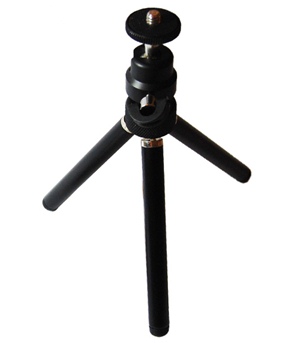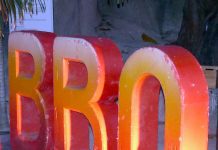Do you have a camera bag? Is it full of ‘stuff’? If it isn’t here are some tips on what really needs to be in the bag. To start, have you ever stopped to wonder just what pro shooters have in their very large camera bags? Well there will be a choice of lenses, two or three camera bodies, and a whole host of ‘stuff’ that makes photography much easier.
The first item is for all those demented people who want to take dog pictures. On the few occasions that I have tried to photograph pet animals it has been hours of frustration and very little fun. However, the one item that all dog photographers should have is a box of matches. One little rattle and Rover pricks his ears up and looks intelligent. Or as intelligent as Rovers can look. This even works for children (but take my tip and never be conned into photographing pets or children)!

Best taken with remote release.
So after the box of matches, what else should you have? For my money it is a torch. Any photographer who takes his camera out at night will need one. Even if just to see what way up the batteries go in the flash, which always runs out of volts just when you don’t want it to. Setting shutter speeds in the dark can also be difficult. Or even seeing what aperture you are selecting on the lens barrel.
Another small, but definitely handy item is a remote release for the shutter. Any time you are trying to do a time exposure, it become very difficult holding the button down and not making the camera tremble – especially with long exposures. Cheap, does not take up much space, and very useful.
While talking about time exposures, another useful “camera bag” item is a miniature tripod. I have one that was made by Polaroid a few years ago which folds up small and even fits into the side pocket on the bag. With something like this you can mount the tripod on the roof of the car and take five minute moonlight shots if you need it. Often called table-top tripods. There are some I have seen with “springy” legs but they are not much good. I’ve got a springy legged one as well as the Polaroid one. Get one with solid legs.
Now the next one is not so easy to get here, but you can always get someone to bring you one in from overseas. With the bright sunlight here, the magic brain inside your camera that sets the exposure settings can get confused. The answer for consistently correct exposures is an 18 percent grey card. This you place beside the subject and take a meter reading from it. You then set the camera to that f stop and shutter speed and you have the correct exposure for the main shot. If you are serious about getting the correct exposure, and particularly if you shoot slides, one of these is invaluable. You can just fold it up and slip it in the camera bag very easily. However, another trick is to select an 18 percent grey camera bag, and you just take your reading directly from there.
The next item is again not a true photographic item, but is invaluable. It is a waterproof marker pen. How many times have you written details, names, etc., on the back of a print, to find that it has rubbed off on the face of the next print and so forth? Totally annoying and often requires another set of prints to be made.
The last item that is worth considering, if you are a serious photographer, is a battery charger. You will go through heaps of batteries if you are shooting regularly. This gets expensive. Buy two sets of the rechargeable batteries and a charger and your photography expenses will be a lot less. This is particularly so with the new digitals. They eat batteries, so keep a freshly charged spare in the camera bag at all times.




